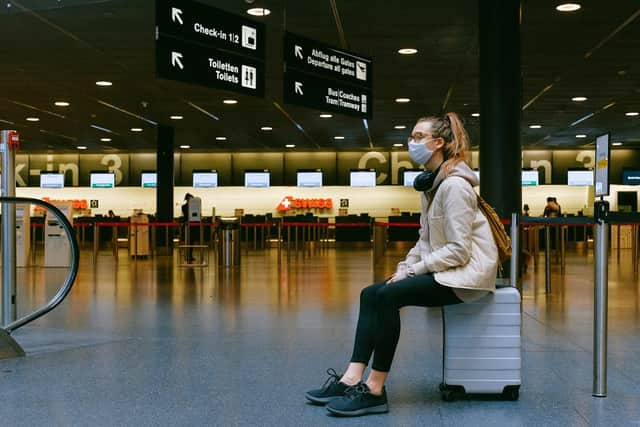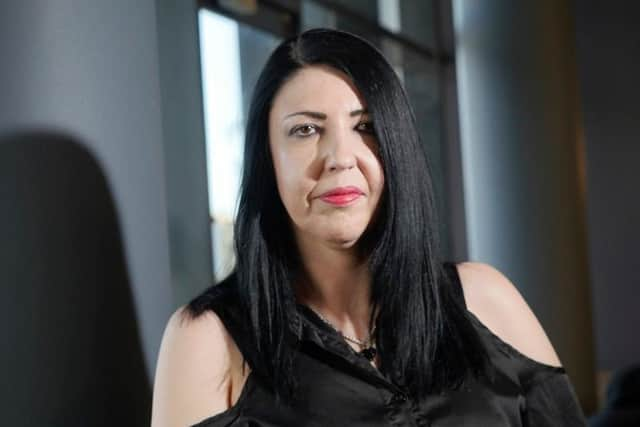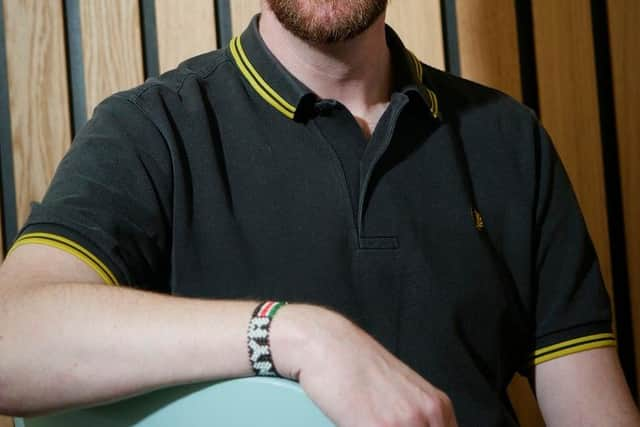What will life be like after coronavirus? Sunderland experts predict how pensions, holidays and shopping could change
and live on Freeview channel 276
Economists have warned of the long-term financial impact that could burden future generations, while mental health charities fear the psychological impact of recent months may have taken a heavy toll on many people.
What long-term impact will lockdown have on the economy, industry, retail and leisure?
Advertisement
Hide AdAdvertisement
Hide AdProfessor Lawrence Bellamy, Academic Dean for the Faculty of Business, Law and Tourism at the University, says Covid-19 will have a ‘substantive and permanent impact on the way which society operates in the future’.


He said: “Overall it will be a very mixed picture, with the only certainty being that tomorrow will not look like today and will be very different from yesterday.”
Pension funds may be hit – Professor Bellamy said: “The overall economy will be significantly challenged, both by recovery but also by long-term debt, with the Government billions being pumped in currently needing to be recovered over time.
“There will be winners and losers in this, but also at a personal level where pension funds may be hit and people may need to work for longer to be able to afford to retire.”
Advertisement
Hide AdAdvertisement
Hide AdPeople will put off making big investments – The uncertainty around large investments, like buying a new car or moving house, will likely take a while to ease.


Alternative holidays and staycations – People will put off travelling and are more likely to enjoy alternative local holidays, staycations or spend the money on home projects instead.
More people will spend more time working from home– This will mean a reduction in the demand for office space, reduced public transport requirements and congestion and an increased need for good information systems and technology.
Online shopping likely to boom – Prof Bellamy said: “Having made the conversion some people may not go back to being a ‘traditional’ consumer with trips to the shops, now that they have learnt about online convenience and developed the skills and confidence.”
Advertisement
Hide AdAdvertisement
Hide AdWeaker retailers shaken out– Prof Bellamy says fewer stronger firms will be in control of the overall spend. Although, small innovative firms who are starting out online may find new customer opportunities too.


What about the psychological impact?
Dr Helen Driscoll, Principal Lecturer and Team Leader for Psychology at the University of Sunderland, says people will find it difficult to go back to previously normal behaviours like using public transport, eating out and working in offices.
Social distancing behaviours will not switch off overnight – Dr Driscoll says that by the time the coronavirus pandemic lockdown is over we will have adjusted to a new normal. Social distancing behaviours will have become habitual and people will not be able to switch them off overnight. The public no longer greets others with a handshake or a hug and cross the road to avoid contact with other people – these are behaviours which are expected and enforced. People may feel unsure if they can go back to former social norms and continue to engage in social distancing.


People will continue to fear infection – Humans have a strong survival instinct and Dr Driscoll says she would expect any people will continue to fear infection – even in a situation where Covid-19 is under control. She said: “The images we have seen on TV of Covid-19 patients and deaths, and the social distancing and hygiene measures put in place have made us hyper aware of the threat of infectious disease. This hyper awareness may continue past the point at which Covid-19 is a serious risk.”
How will we adjust to a new society?
Advertisement
Hide AdAdvertisement
Hide AdDrew Dalton, a Senior Lecturer in Sociology at the University of Sunderland, says moving into the ‘post-Covid’ world could see one of two responses – or probably a mix of both.
Outpouring of people to public spaces – Mr Dalton says we could see people heading to public spaces and leisure outlets to socialise after weeks of lockdown – which may risk a second wave.
Reluctance to engage in the social world – Less discussed is the idea that some people will be reluctant to head out into the social world over fear of infection and of public gatherings. Mr Dalton said: “Due to this, we may see a drop in business in some sectors and we are already at risk of seeing some businesses and charities - who are not eligible for current funding schemes - not return to normal or re-open.”
